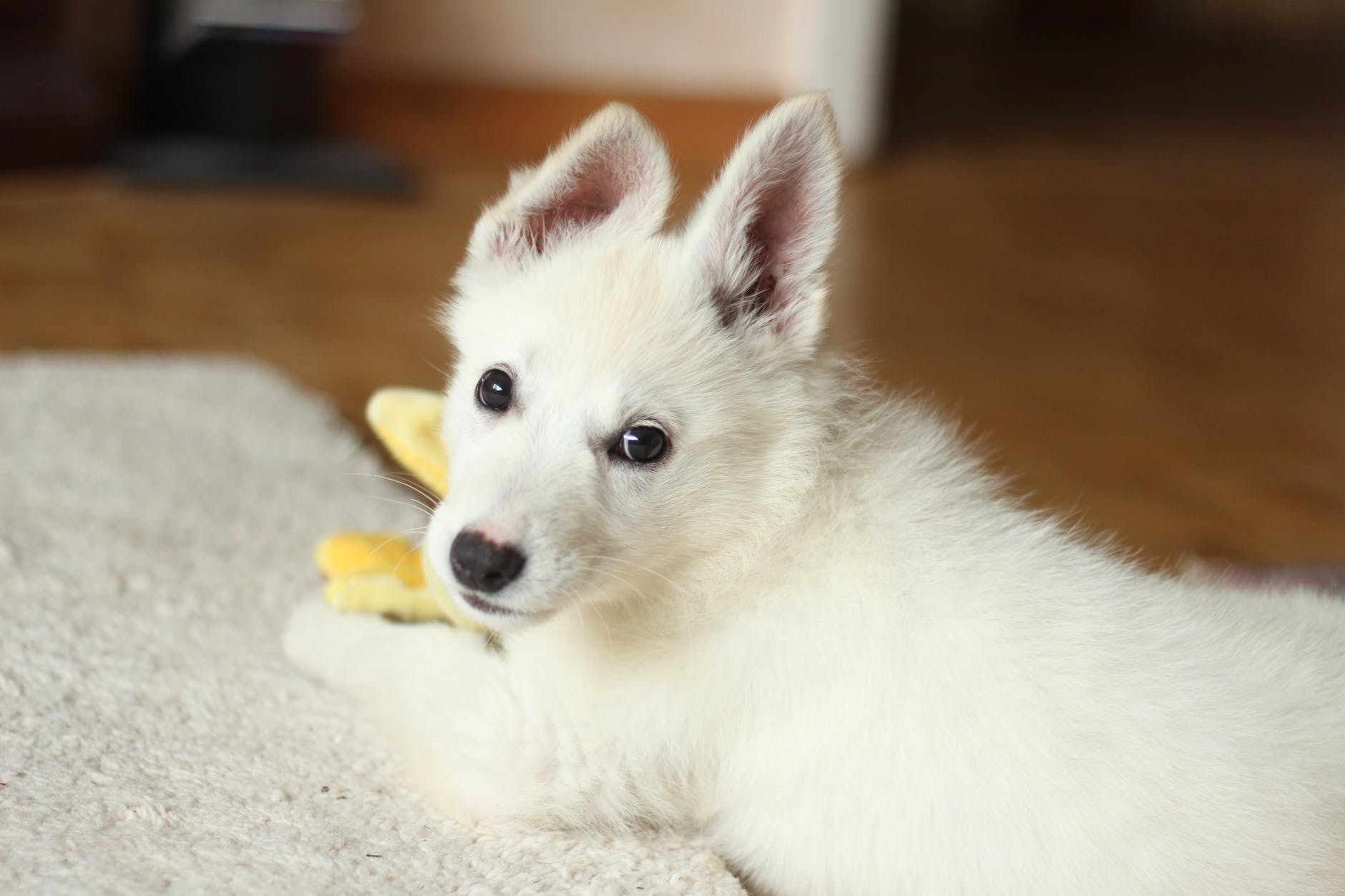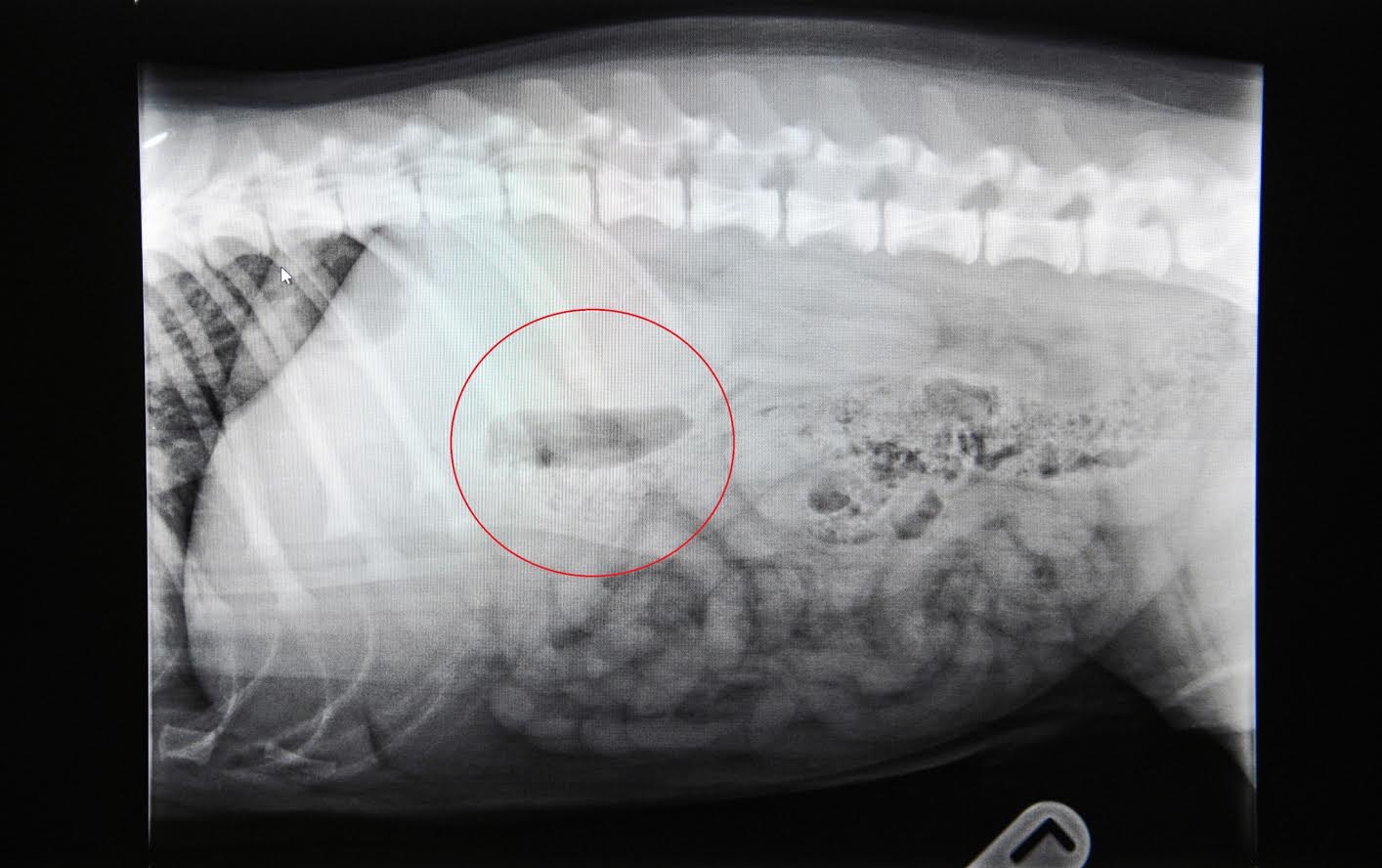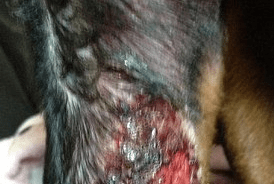A dog’s ears are one of the most inaccessible places on his body. You may notice if you have two or more dogs that they’ll take it in turns to clean each other’s ears.
Nature has taught dogs that cooperation on this issue is a good thing, as infections that start in the ear and impede hearing and balance can lead to more severe problems, so the wild pack of dogs will find itself diminished and weakened if ears are left to collect dirt and grime.
All manner of foreign bodies can make their way into your dog’s ear – from dirt and dust to seeds, gravel, pollen and even the odd small twig. Irritation to your dog’s ear, as you’ve no doubt witnessed first hand, can drive a dog to distraction. And as we all know, the vision of a dog attempting to clean out his own ear or relieve an ear based itch is not the picture of care and delicate dexterity. Quite often, this lack of a gentle touch can lead to cuts, muscle damage and infections – but what would you do if you had an irritated ear?
This is why is the role of the conscientious dog owner to ensure that their dog’s ears are clean and free from any potential source of irritation.
The first thing you need to do is to make sure that your dog is happy for you to touch his ears. This can be achieved most easily by starting off at a young age simply touching the ears and rewarding the dog’s calmness with a treat or reward. This process, if repeated often enough, will teach the dog that allowing his ears to be touched is a good thing.
As the dog becomes more comfortable having his ears touched – and remember, they are sensitive – you should move on to small cleaning sessions. By lifting up the outer ear, you can gain access to the inner ear, which should be light pink in colour.
Using a dry tissue, simply wipe away any dirt or muck that you see. Visually inspect the ear, even using a torch to get a view of what lies further inside. If the dog winces or flinches, stop the process and reassure him.
Whilst it may be tempting, blowing into the ear in order to give a final clean, as we might do when cleaning a watch or CD player, don’t’ – this will alarm the dog and isn’t healthy for the ear.
There are ear cleaning products available, as well as tools to perform a good ear clean. Most are unscented, but some do contain moisturisers. You should look for an ear cleaner that is PH balanced – but the best way to judge whether it is a suitable product is to monitor the results inside the ear. If there is visible irritation or an unpleasant smell, discontinue use. Quite often, a dry tissue is all that is needed to remove any dirt from the ear, but your vet will be able to advise.
Spotting Problems
Signs that your Dog May Have an Ear Problem Include
Excessive head shaking
Constant Scratching of the Ear
Difficulty Getting Comfortable
Visible irritation inside the ear such as inflammation or blood (usually the result of scratching)
Unpleasant smell
Ear problems in dogs are usually of the vicious cycle variety. A little dirt or dust finds its way in, causes irritation which leads to scratching, which leads to inflammation and possible infection, which leads to further infection.
Keeping the inner ear clean and healthy is one of the best ways of warding off any ear discomfort or irritation. Excessive hair inside the ear can sometimes be a trap for dust and dirt, and in some cases it is necessary to remove any excess.
Video: How to Clean Dog Ears (Veterinary Instruction)
Keeping your dog’s ears clean and fresh will not only help them from a health perspective, the benefits extend to making your dog a much, much happier hound!
Enter your email and never miss out on receiving our best articles:








